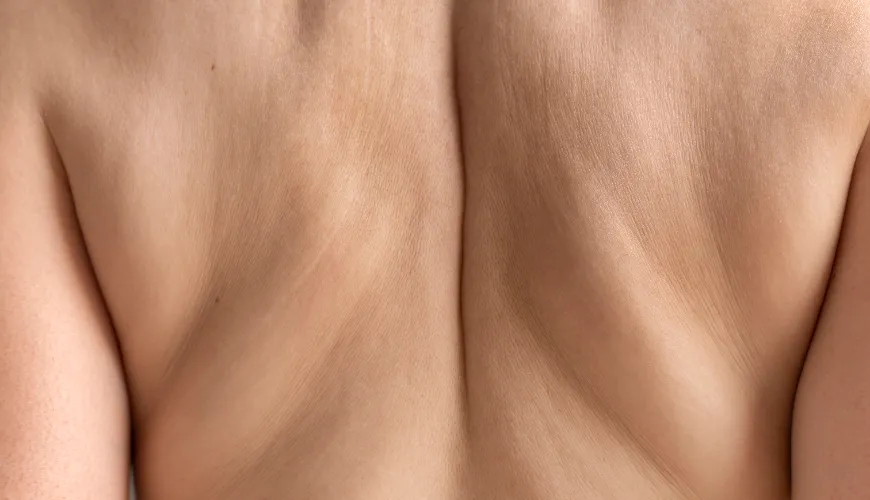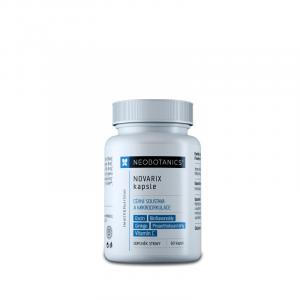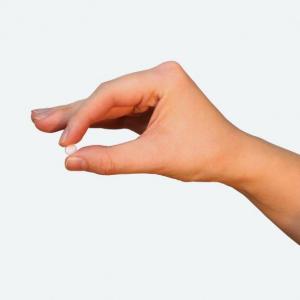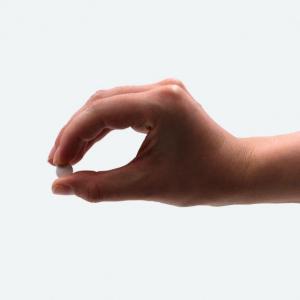
How the Banana Diet Works and What to Expect When Losing Weight

What (Not) to Expect from the Banana Diet? Myths, Experiences, and the Reality of the 12-Day Challenge
Among the weight loss trends that cyclically return is the banana diet. Some are drawn to it for its simplicity, while others are taken aback by its restrictions. In a time when interest in a healthy lifestyle is growing, and people are more mindful of what they eat, the question arises: can a diet plan based on a single type of fruit really be an effective and healthy way to lose weight?
The diet, nicknamed the "Morning Banana Diet," originates from Japan and started gaining popularity around 2008. The original version was promoted by Japanese pharmacist Sumiko Watanabe, who claimed that his wife significantly lost weight using this method. The principle is straightforward: for breakfast, you eat only raw bananas and drink a glass of lukewarm water. The rest of the day is more flexible, but with an emphasis on healthy and light food. Evening meals should be eaten no later than eight o'clock in the evening.
And what does the banana diet look like in practice? There are several variations, but you most commonly encounter versions lasting 3, 7, or 12 days. The twelve-day challenge is among the most-discussed—not only because of the endurance it requires but also because of the results it promises.
What Does the Banana Diet Menu Include?
The banana diet and menu go hand in hand. The foundation is a breakfast consisting only of fresh bananas (1 to 4 pieces depending on taste and feeling of fullness) and lukewarm water. A light lunch and dinner are recommended—ideally rice, vegetables, fish, tofu, or soup without cream. Snacking between meals is not recommended, except for a small afternoon snack if hunger persists.
Stricter versions of the diet, such as the 12-day banana diet, require greater self-discipline. In some cases, it is recommended to eliminate evening meals altogether or replace dinner with bananas again. This can be challenging for many people—both mentally and physically. On the other hand, the simplicity and clear rules make the diet attractive for those who do not want complicated calorie calculations or meal preparation for the entire week in advance.
What Are the Experiences and Reviews?
If we look at reviews of the banana diet, we find a spectrum of opinions. Some people praise the quick weight loss, especially in the first few days. They report a loss of 2–4 kilograms within a week, which is typical for a short-term weight reduction diet. However, it is likely not just fat, but also water and partially muscle mass. Others criticize the monotony of the menu, the lack of proteins, and the risk of the yo-yo effect after the diet ends.
For example, Ms. Petra (32 years old) from Brno described her experience as follows: "The beginning was easy because I like bananas. By the third day, though, I started missing flavors and energy. I lasted 10 days, lost 3 kilos, but right after it ended, I wanted to eat everything in sight." Her review of the banana diet thus reflects reality—the effect is possible, but its permanence depends on what happens after the 12 days.
Bananas themselves are not bad—quite the opposite. They are rich in potassium, magnesium, vitamin B6, and fiber, they are filling and easily digestible. However, the diet lacks variety and especially a sufficient intake of proteins and fats, which the body needs for sustainable long-term functioning. This is why nutrition experts warn against following such one-sided plans for a long time.
Try our natural products
Why Does the Banana Diet Attract Attention?
Several factors drive the popularity of this diet: simplicity, availability of ingredients, absence of complex cooking, and quick results. In a time when many people are looking for quick solutions and "detox" regimens, bananas seem like an ideal partner. Moreover, they do not appear as radical as fasting or extremely low-calorie diets.
Psychologically, it may also work because bananas are sweet and filling—which helps curb cravings for unhealthy snacks. Additionally, as some studies suggest, eating bananas can positively affect serotonin levels and thus mood. However, this does not mean that the banana diet is a path to happiness—especially if the body suffers from a lack of nutrients.
Some reviews of the banana diet even mention improved digestion and regularity of bowel movements, which is logical—bananas contain soluble and insoluble fiber. Combined with enough water, the diet can temporarily adjust digestion. However, in the long term, it lacks balance.
Interestingly, in Japan, the diet became so popular that some cities experienced a temporary shortage of bananas in stores. This merely proves how easily a simple principle can spark a mass trend.
Does the Diet Make Sense as Part of a Healthier Lifestyle?
The experiences of users and the opinions of experts agree on one thing: on its own, the banana diet is not sustainable long-term. But it can be a starting point. If someone realizes through this short challenge that they prefer lighter meals, a regular routine, and less evening overeating, they can benefit from it in the long run.
It is also useful to focus on what happens after the diet ends. This is where it is decided whether the lost weight will return. The key is transitioning to a balanced diet with plenty of fresh vegetables, legumes, whole grains, and quality proteins. The banana can remain part of the diet—but as a component, not the foundation.
For some, the diet can also be a motivation for more physical activity—when someone is trying to change, they often add walks, yoga, or running. And it is the combination of healthy eating and physical activity that brings results that last.
Are you interested in what a simple banana diet menu might look like? Here's one possible approach:
Sample Daily Plan
- Breakfast: 2–3 ripe bananas, a glass of lukewarm water
- Lunch: A bowl of cooked rice, steamed vegetables, a bit of tofu or grilled fish
- Snack: A small handful of nuts or another banana
- Dinner: Vegetable soup without cream, a piece of whole-grain bread
- Drinks: Water, herbal teas, no sugary drinks
Evening meals should take place by 7:30 pm, ideally by 6:00 pm. And remember—no desserts, and if possible, no alcohol, which disrupts digestion and sleep during the diet.
Surely, not everyone will find such a regimen suitable. But if you're looking for a way to "pause" for a moment, lighten your digestion, and pay more attention to what you eat, a 3–7 day banana challenge can be a handy tool.
As the well-known nutritionist Michael Pollan says: "Eat food. Not too much. Mostly plants." And in this regard, the banana diet can become an interesting (albeit temporary) chapter on the journey to a healthier lifestyle.







